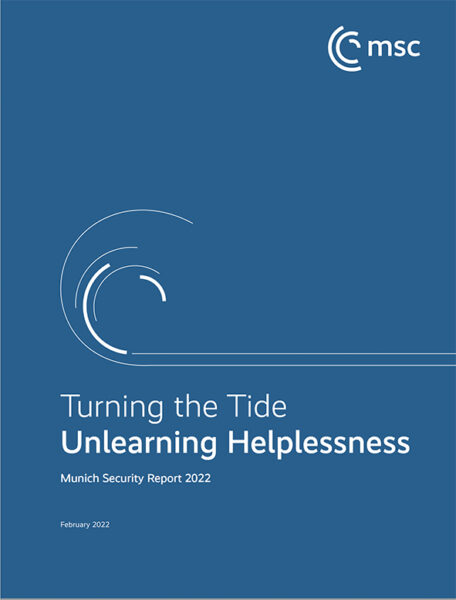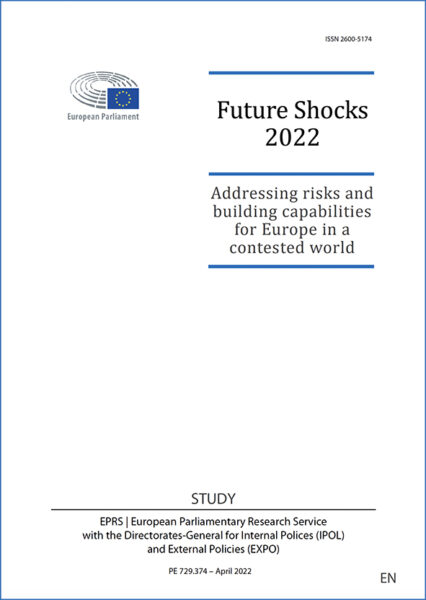Though the European states came together after the Second World War out of a concern to avoid further conflict and to bring peace to the Old Continent, questions of defence have also been the weak link in the building of Europe. This was the case from the very beginning, with France rejecting the idea of a European Defence Community in the early 1950s – a move that led those promoting the community project to favour the option of a distinctly more gradual form of European construction.
Within the Cold War context, and as a result of the protection of the Atlantic Alliance, the idea of common defence within the European Union made little headway. However, given an enlarged Union – its territory now reaching as far as the conflict zones of Georgia and the Balkans – a Russia with potentially bellicose intentions, and a United States somewhat weakened by its recent foreign policy decisions, a different situation prevails today. In this article, Jean-François Drevet shows in what ways European defence capacity has become a problem. He outlines the emergence from 1998 onwards of a “Defence Europe” and the long road still to be travelled before Europe has a genuine common defence policy and the operational tools to make it credible.
European Defence and the New Threats Facing It
Cet article fait partie de la revue Futuribles n° 348, jan. 2009


